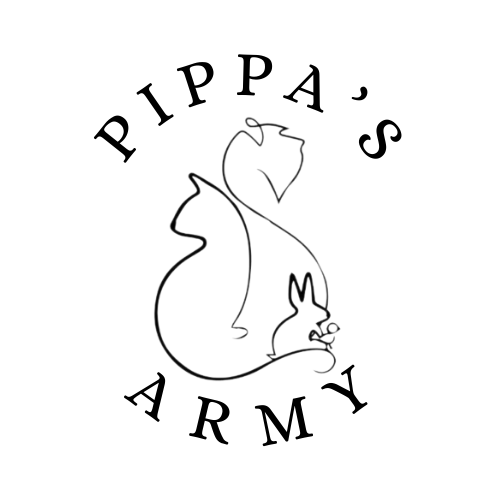If you encounter sick or injured wildlife, it's important to provide them with the necessary assistance while ensuring your safety and their welfare. Here are some steps you can take to help sick or injured wildlife:
1. Assess the situation: Observe the animal from a safe distance to determine the severity of its condition. Do not attempt to handle or approach the animal directly as it may become stressed or frightened.
2. Contact a local wildlife rescue organization: They will have trained staff and facilities to handle and care for sick or injured wildlife. Contact them and provide detailed information about the animal's condition, location, and any observed symptoms.
3. Follow instructions: The wildlife rescue organization may provide specific instructions based on the species and condition of the animal. Follow their guidance carefully. They may ask you to monitor the animal from a distance or provide temporary shelter until they arrive, or you can get the animal to them.
4. Keep your distance: It's crucial to maintain a safe distance from the animal to minimize stress and prevent any harm to yourself or the animal. Wildlife can be unpredictable and may act defensively if they feel threatened.
5. Provide temporary shelter: If the wildlife rescue organization advises you to provide temporary shelter, ensure that it is safe and appropriate for the animal. Create a quiet, warm, and secure space away from predators, pets, and excessive human activity. Use a ventilated box or carrier lined with soft bedding material and provide a shallow dish of water.
6. Do not attempt to feed or medicate the animal: Avoid giving the animal any food or medication unless explicitly instructed to do so by the wildlife rescue organization. Incorrect diet or medication can be harmful to wildlife, and certain foods may interfere with their natural dietary requirements.
7. Prevent further stress: Keep noise and disturbance to a minimum around the injured or sick animal. Avoid handling or touching the animal, as human contact can cause unnecessary stress and transmit diseases.
Remember, it is important to prioritize your own safety and well-being when dealing with wildlife. If you are unsure about how to proceed or encounter a potentially dangerous situation, contact local authorities or wildlife professionals for assistance.
Wildlife Rescue contacts for Havering, Thurrock or surrounding areas:
South Essex Wildlife Hospital: 01375 893893
Harold Hill Deer Aid: 07947 739342
RSPCA: 0300 1234 999
National Highways: 0300 123 5000 (for animals on major roads)
Badger Trust: www.badgertrust.org.uk/report

